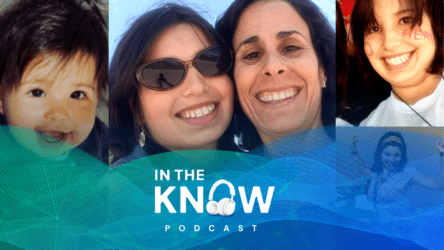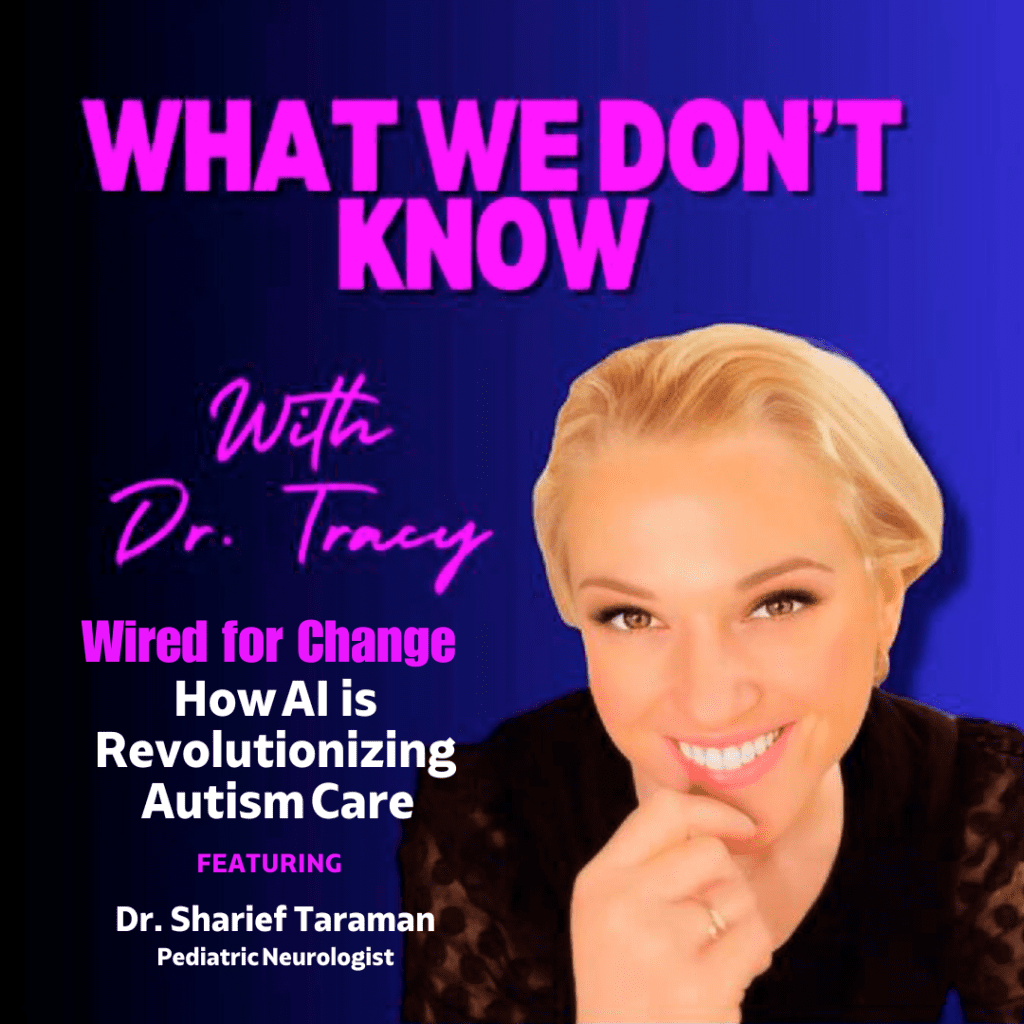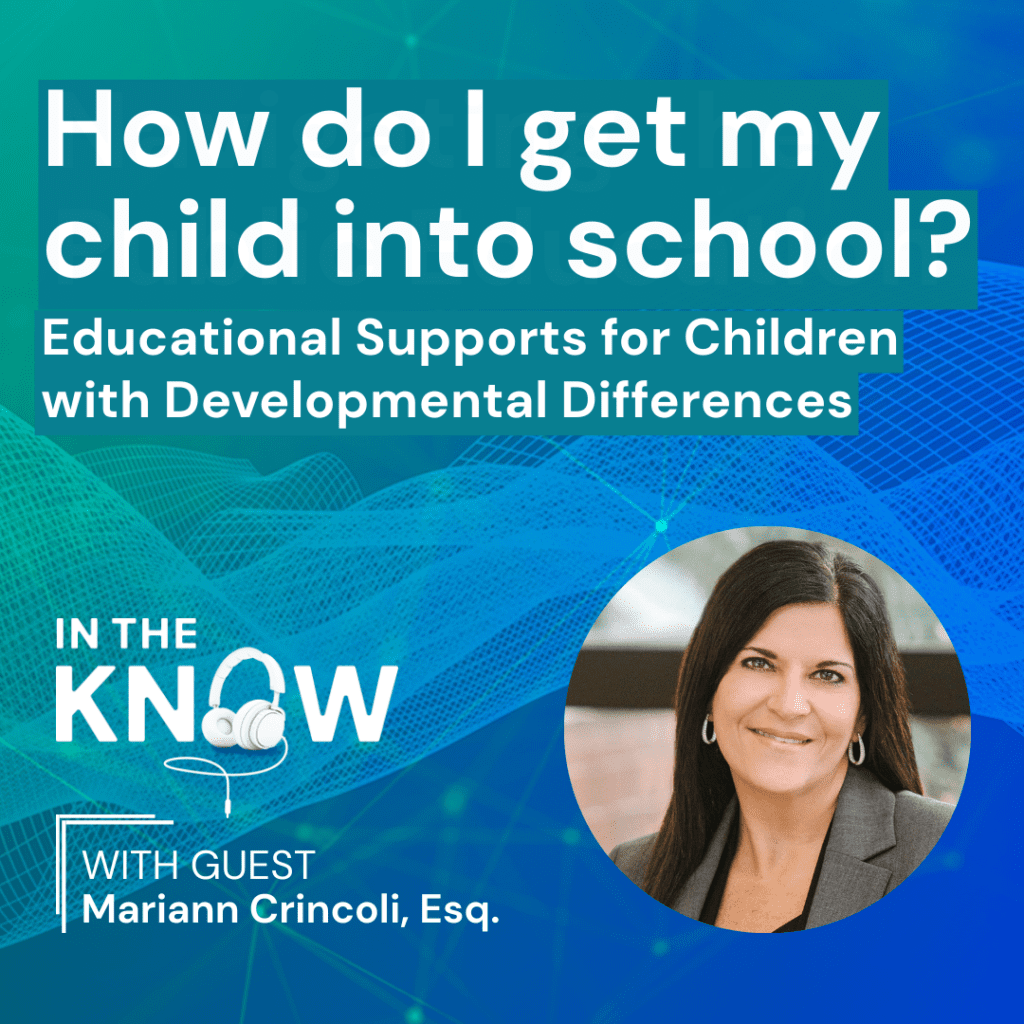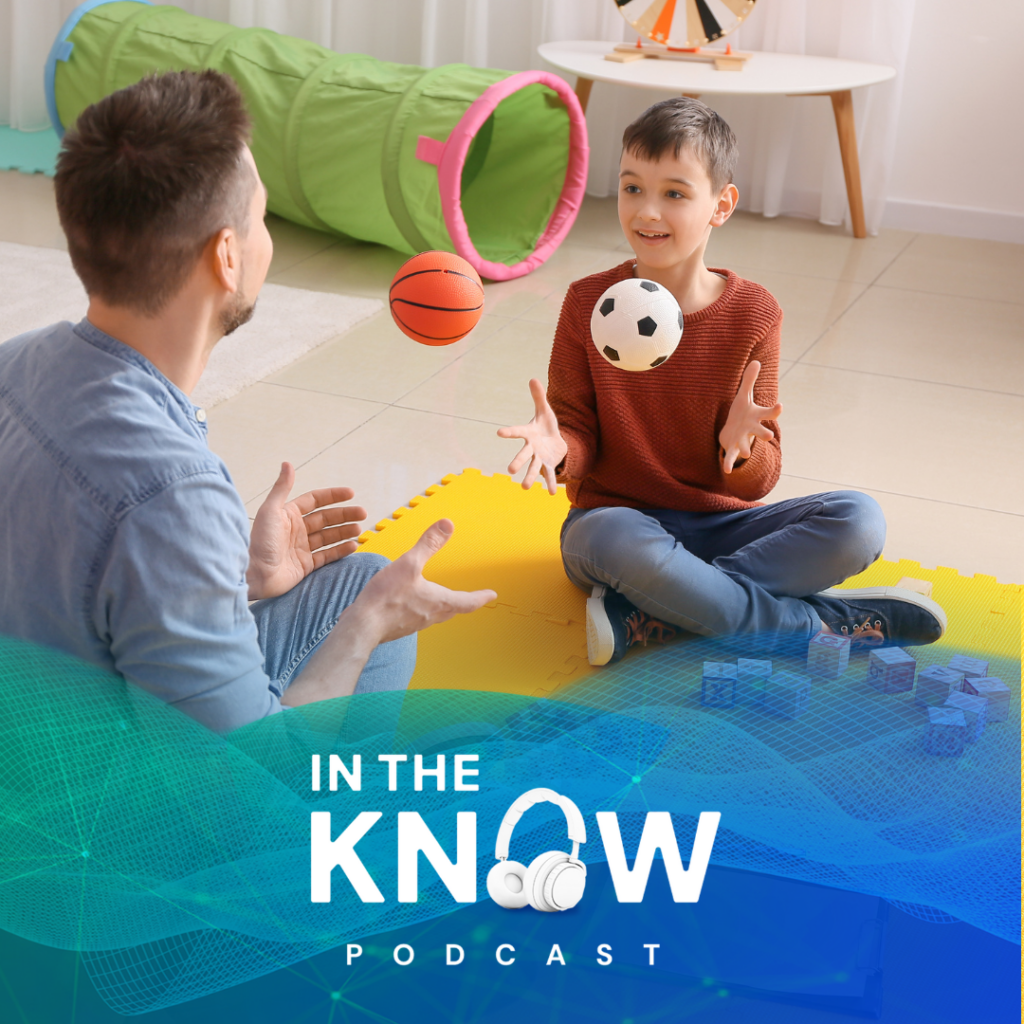 When it comes to child developmental concerns, we are always emphasizing that “early is everything,”: early identification of concern, early assessment and diagnosis, and early intervention can all add up to life-changing improvements for children with behavioral and developmental delays.
When it comes to child developmental concerns, we are always emphasizing that “early is everything,”: early identification of concern, early assessment and diagnosis, and early intervention can all add up to life-changing improvements for children with behavioral and developmental delays.
In the most recent episode of our podcast, “In the Know,” Dr. Judith Aronson-Ramos, a board-certified pediatrician developmental and behavioral pediatrician, talks with us about how she has seen the “early is everything” principle demonstrated both in her 30 years of real-world practice, as well as in her experience as the mother of a child with autism.
“I have seen the progress a child can make and the effectiveness and importance of an early diagnosis,” Dr. Aronson-Ramos says. “Before my daughter was diagnosed, some of my colleagues said, she’s fine, don’t worry. But I kept advocating for her, and it was indeed autism. So we started interventions right away and she’s done quite well. She has a graduate degree, she’s married, she drives a car, she’s independent, et cetera. I credit a lot of that to early intervention.”
Dr. Aronson-Ramos also talks about how essential it is that with the current shortage of specialists, long waitlists, and other complexities of the medical system, that general pediatricians and family practice doctors are able to identify the signs of developmental concern.
With the right training and resources, diagnosis of behavioral and developmental delays don’t just have to be in the domain of the specialist any longer—and a shorter wait for a diagnosis means a shorter wait to appropriate intervention.
“It is more and more a part of the training now for pediatricians to know what the signs and characteristics are,” Dr. Aronson-Ramos says. “And many of them are great at it. I’ve worked with many general pediatricians whose instincts are spot on. They used to always have to refer a case because the standard of care at that time was for a specialist to diagnose. But now that the needle is shifting and generalists are more empowered, there are many pediatricians out there who will be able to render diagnosis.”
In fact, this aligns with the recent mission statement from the American Academy of Pediatricians, to put more of the diagnostic capability into the hands of pediatricians and family doctors.
Listen to the full episode below to hear more insights from Dr. Aronson-Ramos, including information on where to gain more training in assessing and diagnosing developmental concerns.
Our new podcast series, In the Know, regularly features conversations with top experts in behavioral and developmental health to provide information and insights for clinicians and for families of children with developmental delays.
“In the Know, Presented by Cognoa” can be found on most major podcast platforms, including Apple Podcasts, Spotify, Podbean, and others. Be sure to subscribe so you can be sure to catch the future episodes when they are available!



